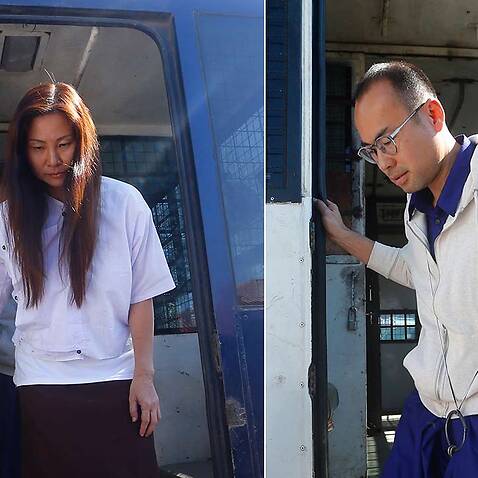Universities to be hit with new year cuts

READ MORE
University students may have to dig further into their pockets for a degree as a two-year freeze on federal funding kicks in on January 1, 2018.
The federal government’s measure to cap the Commonwealth Grant Scheme (CGS) to 2017 levels will take effect in the new year and apply to all bachelor degrees.
The CGS helps subsidise students’ tuition costs and the freeze means universities will have to bear the cost of any increased enrolments in courses, which may lead them to pass on the costs to students.

The funding freeze is among a suite of changes to take effect in the new year, including cuts to vocational education and training (VET).
Student loans for VET courses will now be limited to courses, at a diploma level and above, which are deemed a high national priority.
Schools, however, will receive a boost in funding as Gonski 2.0 begins, with a six-year transition for under-funded schools and a 10-year transition for over-funded schools.
In the welfare sector, people receiving single parent payments will come under greater scrutiny to ensure they are not claiming income support outside of their entitlements.
Those on youth allowance, student, disability support and carer payments will receive incremental increases of at least $2.40 extra per fortnight.
At the state level, the new year will bring changes to energy-related rebates which will help numerous South Australians and Victorians with their energy bills.
About 285,000 households in Victoria will be able to claim rebates ranging between $250 and $720 on their electricity plans, while concessions of up to $531 a year will be available for around 168,000 low-income South Australian households under a bulk-buy power deal with Origin Energy.

In Queensland, consumers will be eligible to claim up to $300 when they purchase energy efficient white goods such as fridges and air conditioners.
Home ownership reforms across the three states will also be introduced, with the six-month extension of a first homeowners’ grant of up to $20,000 in Queensland.
In Victoria, the state government will co-purchase up to 400 properties to make it cheaper for first home buyers, while encouraging owners of empty properties to sell or lease through a new tax on Melbourne dwellings that are empty for more than six months.
In an effort to help South Australians being priced out of the housing market, the state government has introduced a foreign buyer surcharge of 7 per cent, which is also expected to raise $85 million over the next four years.
Meanwhile in Western Australia, the main legislative change taking effect from January 1 will be an increase in the container rail subsidy.
The WA government says the increase – from $30 to $50, per 20-foot equivalent unit – will encourage more freight on rail and reduce truck traffic on roads around Fremantle Port.
In NSW, the criminal justice system will be reformed with faster sentencing and greater community protection, although the legislative changes are set for mid-2018.
Article source: http://watoday.com.au/business/markets/australian-bonds-might-actually-offer-value-20170808-gxs762.html
Comments
Post a Comment